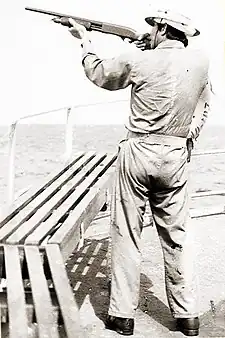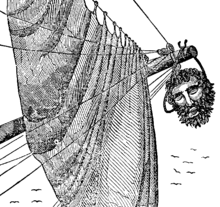Introduction
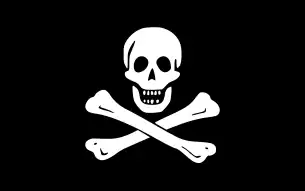
Piracy is an act of robbery or criminal violence by ship or boat-borne attackers upon another ship or a coastal area, typically with the goal of stealing cargo and other valuable goods. Those who conduct acts of piracy are called pirates, vessels used for piracy are pirate ships. The earliest documented instances of piracy were in the 14th century BC, when the Sea Peoples, a group of ocean raiders, attacked the ships of the Aegean and Mediterranean civilisations. Narrow channels which funnel shipping into predictable routes have long created opportunities for piracy, as well as for privateering and commerce raiding.
Historic examples of such areas include the waters of Gibraltar, the Strait of Malacca, Madagascar, the Gulf of Aden, and the English Channel, whose geographic structures facilitated pirate attacks. The term piracy generally refers to maritime piracy, although the term has been generalized to refer to acts committed on land, in the air, on computer networks, and (in science fiction) outer space. Piracy usually excludes crimes committed by the perpetrator on their own vessel (e.g. theft), as well as privateering, which implies authorization by a state government.
Piracy or pirating is the name of a specific crime under customary international law and also the name of a number of crimes under the municipal law of a number of states. In the early 21st century, seaborne piracy against transport vessels remains a significant issue, with estimated worldwide losses of US$16 billion per year in 2004, particularly in the waters between the Red Sea and Indian Ocean, off the Somali coast, and also in the Strait of Malacca and Singapore. Modern-day pirates are armed with automatic weapons, such as assault rifles, and machine guns, grenades and rocket propelled grenades. They often use small motorboats to attack and board ships, a tactic that takes advantage of the small number of crew members on modern cargo vessels and transport ships. The international community is facing many challenges in bringing modern pirates to justice, as these attacks often occur in international waters. Nations have used their naval forces to repel and pursue pirates, and some private vessels use armed security guards, high-pressure water cannons, or sound cannons to repel boarders, and use radar to avoid potential threats. (Full article...)
Selected biography -
Captain Samuel Bellamy (c. 23 February 1689 – 26 April 1717), later known as "Black Sam" Bellamy, was an English sailor turned pirate during the early 18th century. He is best known as the wealthiest pirate in recorded history, and one of the faces of the Golden Age of Piracy. Though his known career as a pirate captain lasted little more than a year, he and his crew captured at least 53 ships.
Called "Black Sam" in Cape Cod folklore because he eschewed the fashionable powdered wig in favor of tying back his long black hair with a simple band, Bellamy became known for his mercy and generosity toward those he captured on his raids. This reputation earned him another nickname, the "Prince of Pirates". He likened himself to Robin Hood, with his crew calling themselves "Robin Hood's Men". (Full article...)Selected article -
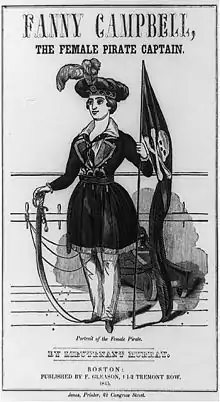
Did you know?
- ... that indigenous Australian artist Daniel Boyd has depicted colonial figures including Captain James Cook and Governor Arthur Phillip as pirates?
- ... that Saudi Arabian broadcaster beoutQ pirated and resold beIN Sports programmes during the Qatar diplomatic crisis?
- ... that the opera The Devil and Daniel Webster features a jury of ghosts made up of famous historical American figures who are now residents of Hell; including the pirate Blackbeard?
- ... that the current Indonesian ambassador to Nigeria, Usra Hendra Harahap, personally led a rescue operation to free Indonesian crew members taken hostage by pirates in June 2020?
- ... that HMS Redpole, one of the aptly-named coffin brigs, sank in an action with a pirate vessel in August 1828?
- ... that in 2011, pirates were reported as raiding along the Danube River in the center of Europe?
- ... that English pirate Henry Every, who was sometimes known as Long Ben, was one of the few major pirate captains to retire with his loot without being arrested or killed in battle?
- ... that, while it is unknown if pirates actually kept parrots as pets, it is thought that at least some captains kept cats aboard to keep populations of rats and other vermin down?
Selected quotations
| “ | Come, let us make a hell of our own, and try how long we can bear it. | ” |
| — Blackbeard | ||
General images
Selected Jolly Roger
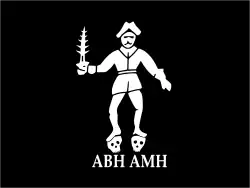
Subcategories
Topics
WikiProjects
Related portals
Things you can do
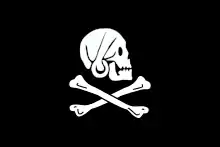
Contribute
- Work on piracy and pirate articles and help improve them to featured articles.
Expand
- Piracy stub articles
Join
- WikiProject Piracy
WikiProject Piracy Requests
- eliminate red links from List of pirates
- expand Timeline of piracy, specifically to fill in vast gap between the 1890s to 2000s
- revise Bartholomew Roberts
- help with Requested articles and Expand articles
- help with Portal:Piracy
- Create Modern Piracy
Associated Wikimedia
The following Wikimedia Foundation sister projects provide more on this subject:
-
 Commons
Commons
Free media repository -
 Wikibooks
Wikibooks
Free textbooks and manuals -
 Wikidata
Wikidata
Free knowledge base -
 Wikinews
Wikinews
Free-content news -
 Wikiquote
Wikiquote
Collection of quotations -
 Wikisource
Wikisource
Free-content library -
 Wikiversity
Wikiversity
Free learning tools -
 Wiktionary
Wiktionary
Dictionary and thesaurus
-
 List of all portalsList of all portals
List of all portalsList of all portals -
 The arts portal
The arts portal -
 Biography portal
Biography portal -
 Current events portal
Current events portal -
 Geography portal
Geography portal -
 History portal
History portal -
 Mathematics portal
Mathematics portal -
 Science portal
Science portal -
 Society portal
Society portal -
 Technology portal
Technology portal -
 Random portalRandom portal
Random portalRandom portal -
 WikiProject PortalsWikiProject Portals
WikiProject PortalsWikiProject Portals
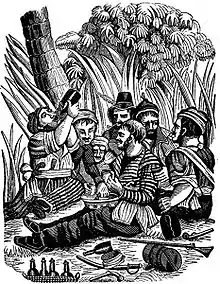

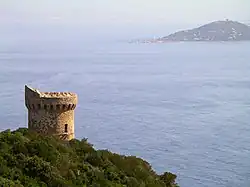
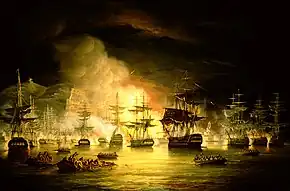
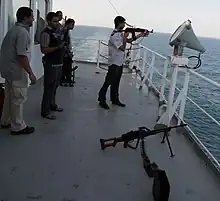

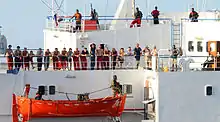
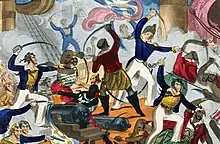
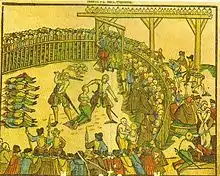
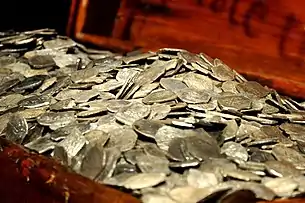

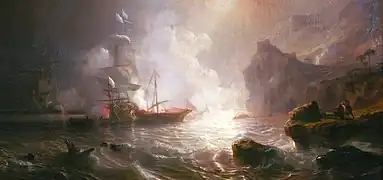
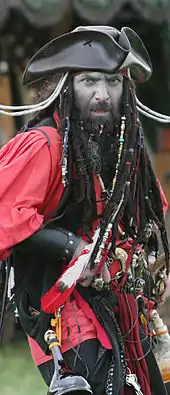
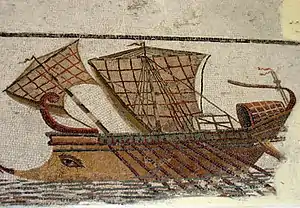
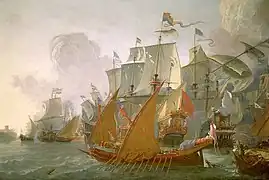
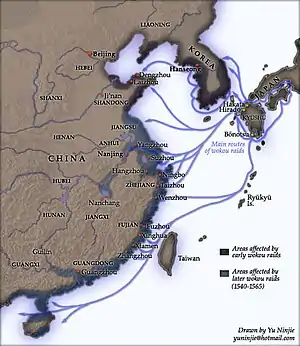
.jpg.webp)
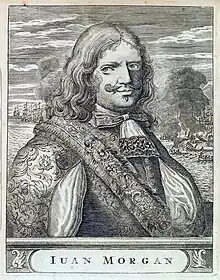
_approaches_a_suspected_p.jpg.webp)
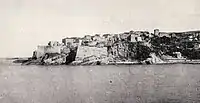
.jpg.webp)
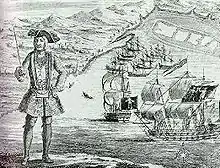
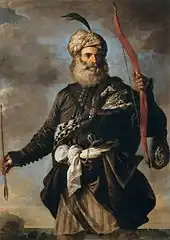
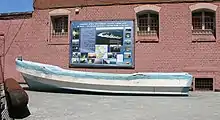
.jpg.webp)
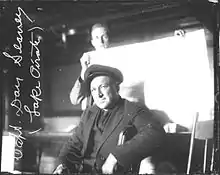
_by_Aert_Anthoniszoon.jpg.webp)
.jpg.webp)
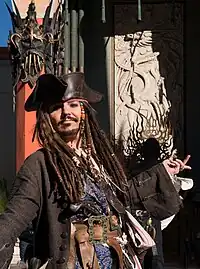

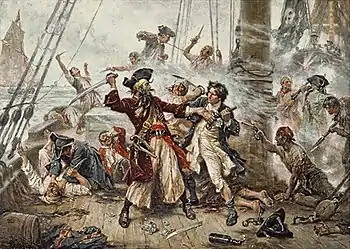
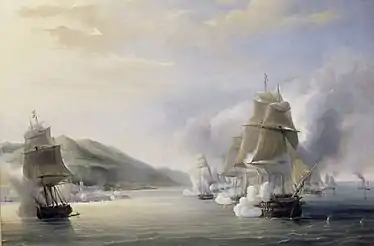
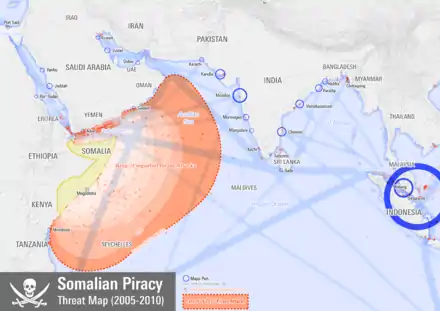
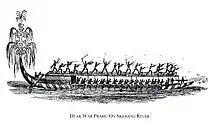
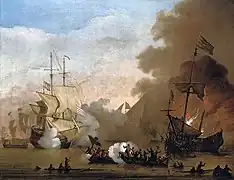

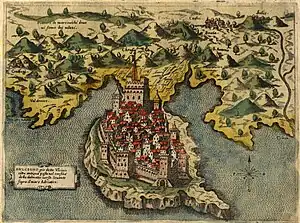
.jpg.webp)

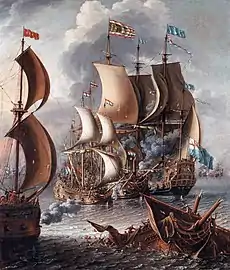
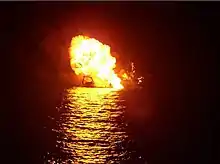
.jpg.webp)
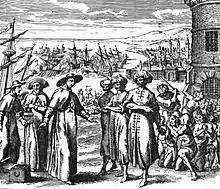

_Moro_'pirate'.jpg.webp)

.jpg.webp)
_-_Foto_Giovanni_Dall'Orto%252C_13-4-2006_12.jpg.webp)
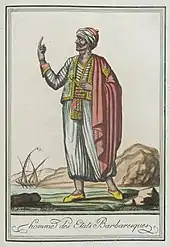
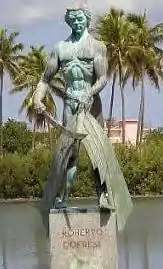

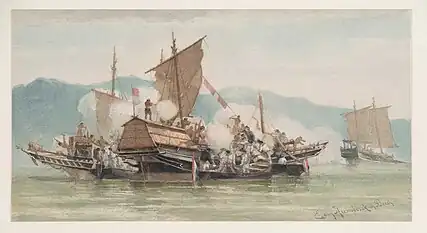
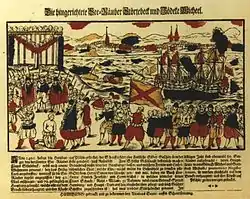
.jpg.webp)

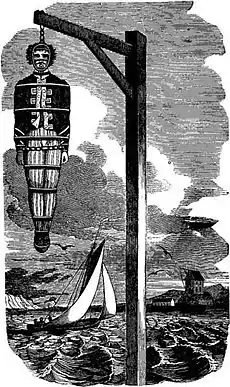
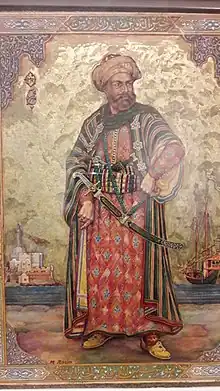
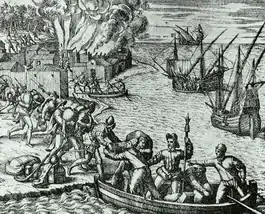
.jpg.webp)
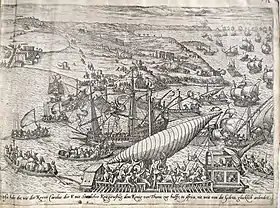
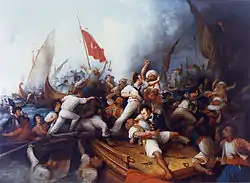
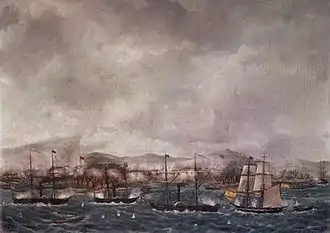

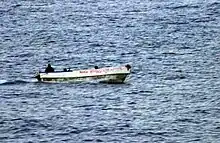
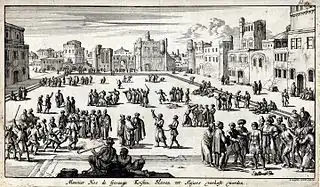

_crop.jpg.webp)

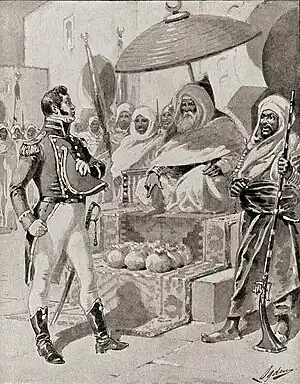
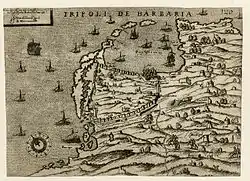
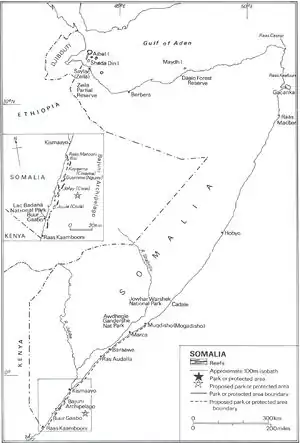
_pirates_fighting_British_and_French_sailors%252C_painting_from_1772.jpg.webp)
_3.svg.png.webp)
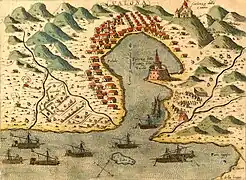
.jpg.webp)
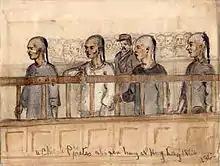
.jpg.webp)
